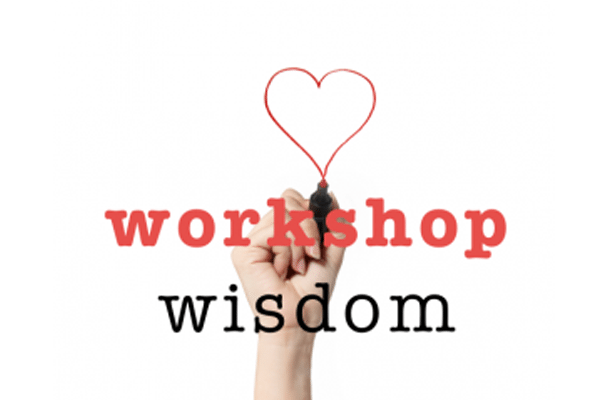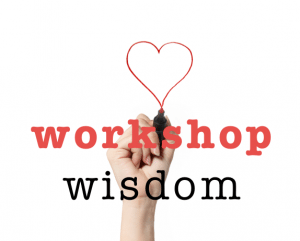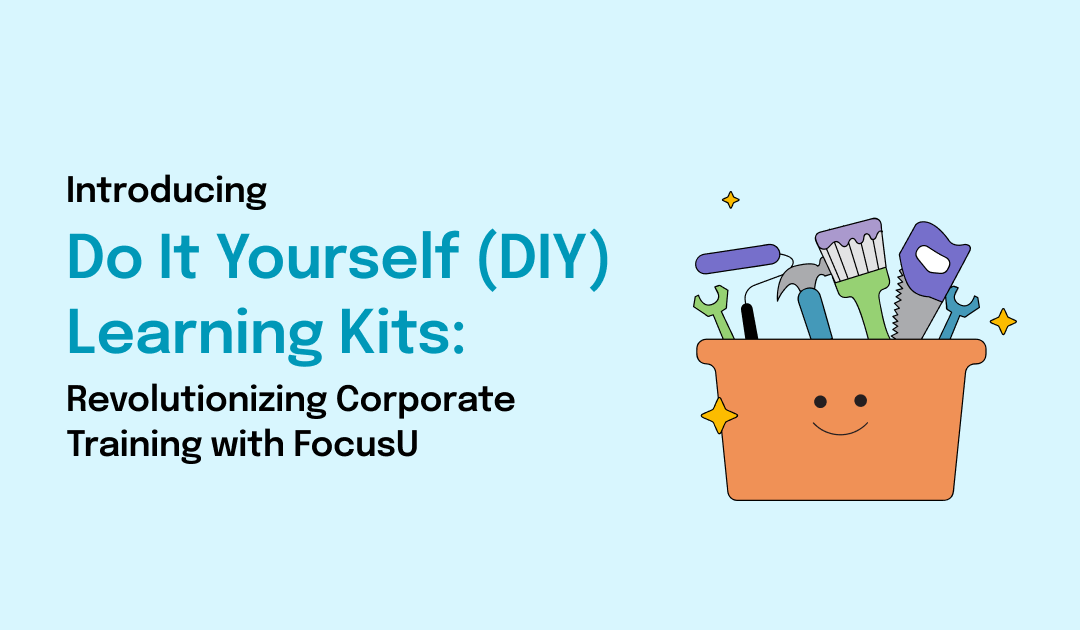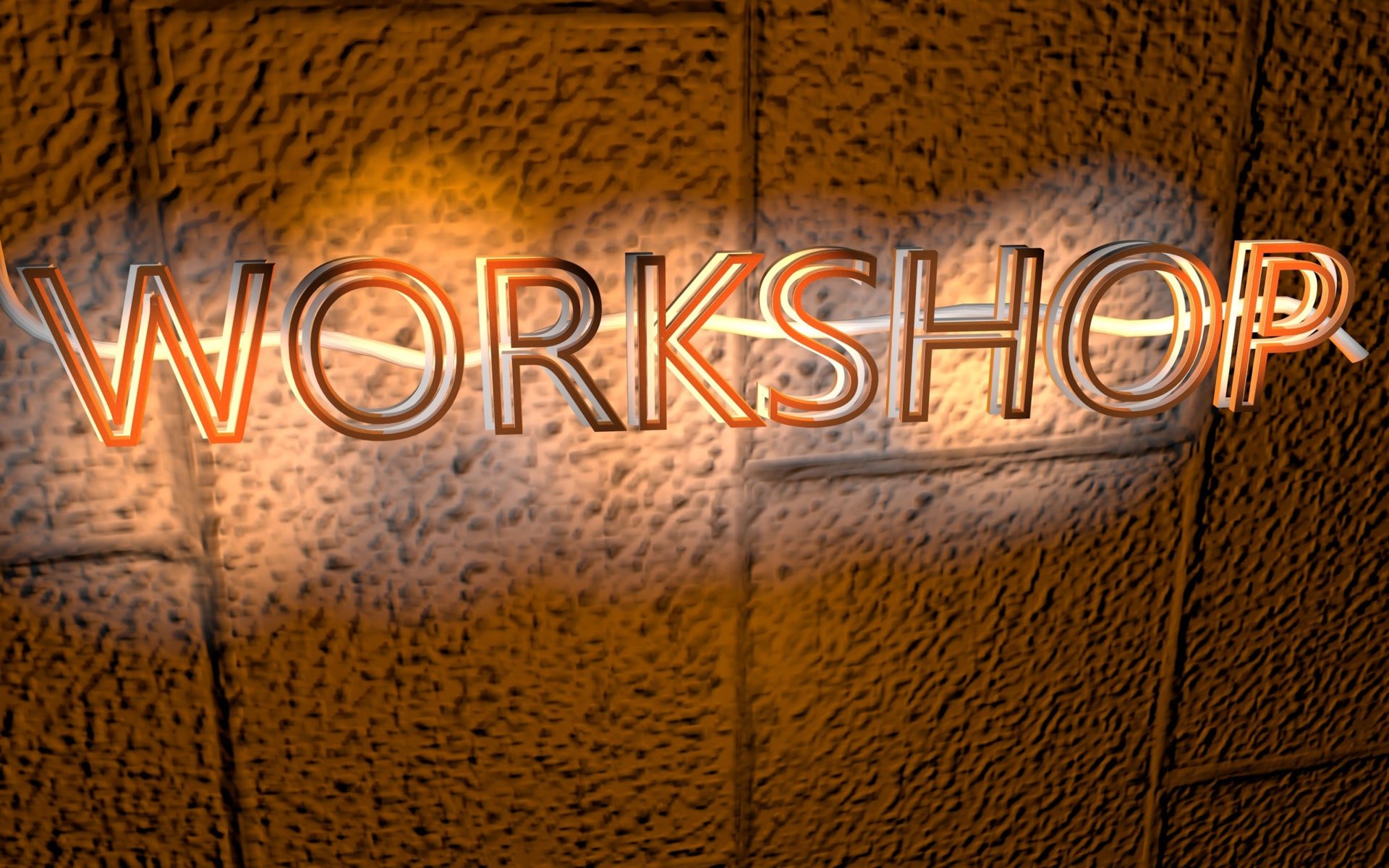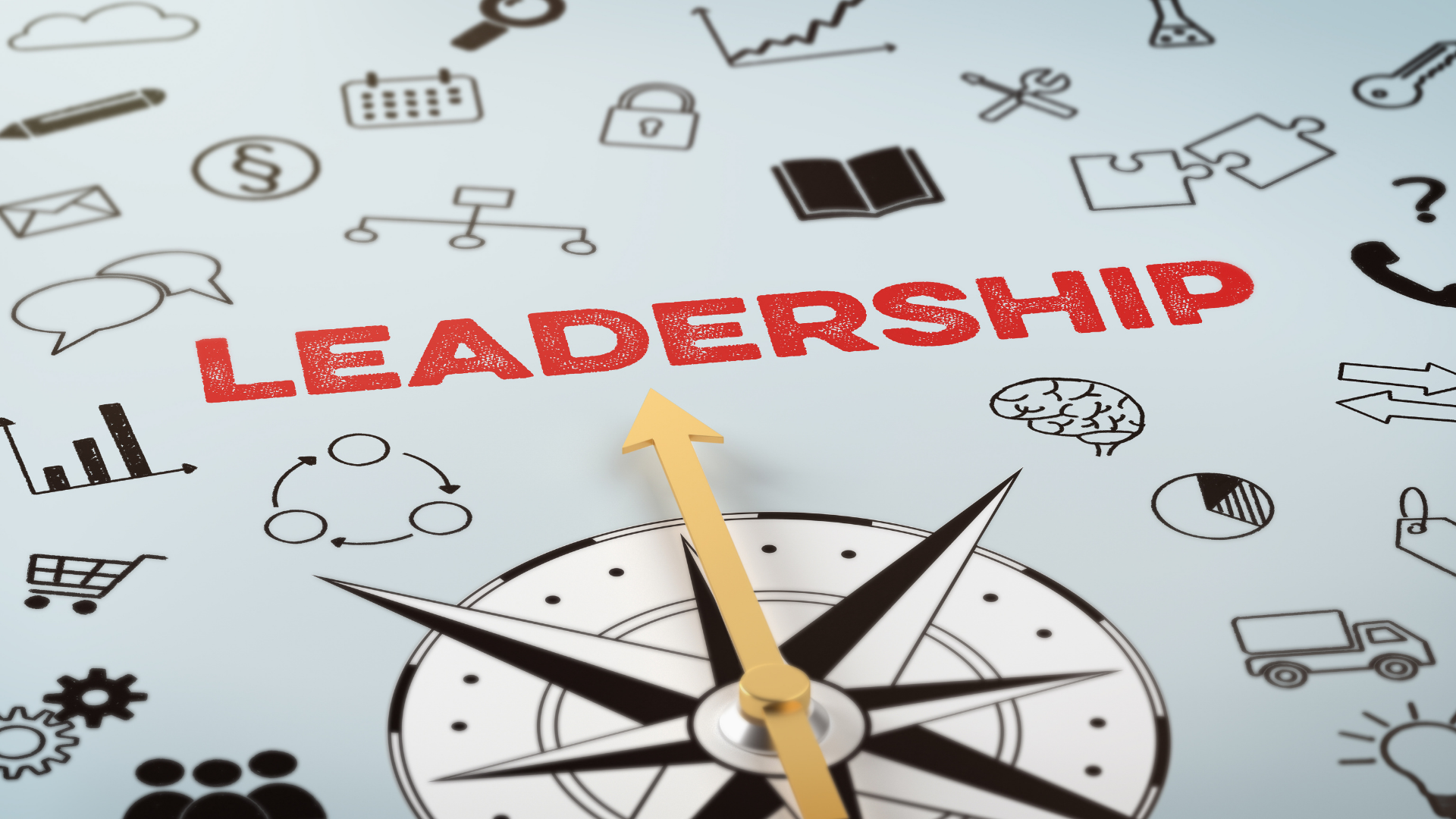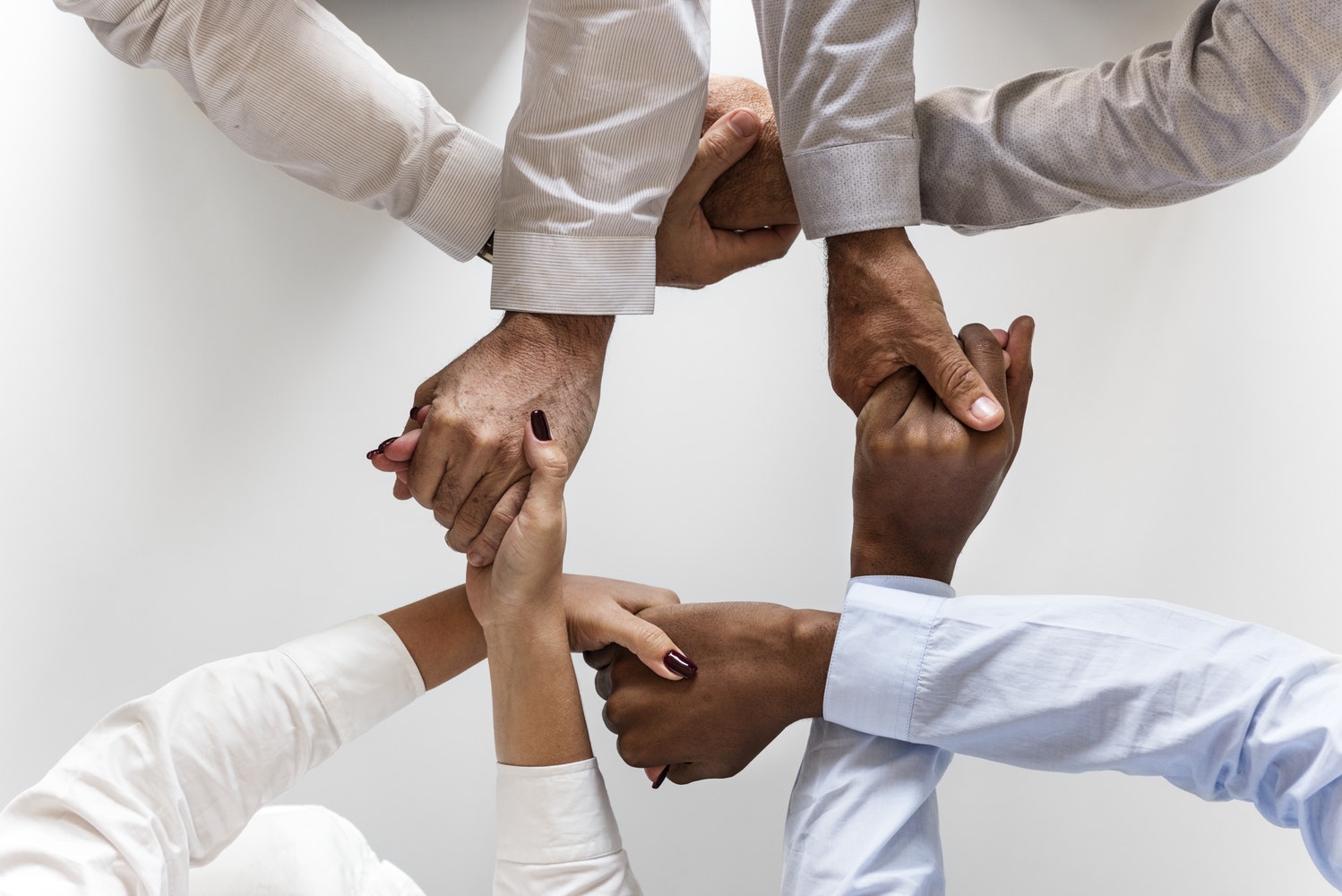As an organization that is completely into conducting bespoke workshops for our clients, over a period of time – we have continuously asked ourselves this question. Some time back, we defined it for ourselves through the number of hugs we received at the end of a workshop. We still love the hugs we often get at the end of a workshop – but I guess we have grown just a tad wiser over time. All workshops don’t necessarily need to end in an emotional high, we know now. Also a lot of hugs does not necessarily translate into repeat business, we also know now!
So how do we define a successful workshop outcome? We looked at a few workshop outcomes we were not so happy with to surface an answer.
A workshop we conducted for a leading sanitaryware client ended in a big high, lot of hugs and raving participants. A few days after the workshop, when the euphoria had settled down, we met the client again. This time the feedback was more real. They loved the part conducted by us. However, we had also recommended an independent professional for conducting a wine tasting session, since our in-house Facilitator was tied up. That session was a disaster. Since the recommendation for the expert had come from us though, it shaded the perception of the client about us too. We ended up doing a free session to atone for our sin. But we did learn a valuable lesson. A client conducing an offsite intervention looks at the entire experience in totality. Hence whether it is another professional or even the venue that we recommend, which is not up to scratch, it affects their whole perception about a workshop experience. So Lesson 1: Take ownership for the entire workshop experience. Recommending venues is not our core work – neither do we earn anything from that. However, we now do that on a regular basis, because we want our client to have a wholesome workshop experience. Also – while there are easy opportunities to earn by recommending others who provide complementary services, we stay clear – unless we are absolutely 100% sure of the quality.
We were in the midst of conducting a workshop for a software client, when suddenly we noticed that the leader of the group seemed pretty agitated. Giving a natural break to the participants, we quickly walked up to consult with the leader. And were we glad we did that! What the leader expected from the session was radically different from the multiple briefs we received from the co-ordinators for the program. Clearly, there was a mismatch / breakdown in communication between the organizers and the leader of the group. But the bottom-line for us was that, our workshop was getting affected by that. The quick consultation, albeit midway – did help us to do a quick course correction and salvage the situation. However, it was a big lesson learnt for us that day. So, Lesson2: Always, Always, Always – meet and consult the Leader about his/her expectations, before beginning a workshop. You might get a bunch of hugs from the participants, but if the leader’s objectives are not met, he will always see it as money down the drain.
A leading marketing organization had called us for a workshop in Goa. The workshop went off like clockwork – with raving participants & a warm thank you speech from the leader. A week after the workshop, we spoke to the organizer again – and to our utter surprise, he was raving mad at us and literally shut us out of the conversation. What went wrong, we wondered – and persisted to investigate by meeting him face-to-face. Slowly the real story emerged. We had concluded our workshop at 5:30pm as planned – at which time, the organizer had walked up to one of our Facilitators asking the workshop to be extended by another hour. Unfortunately, since return air ticketing was done, that request could not be accommodated. What that resulted in was that the group had free time from 5:30pm uptil 8pm – a longish break – for which the organizer lost face with his bosses. Where was the gap? It was in our communicating well in advance what our deadlines / compulsions were & in appreciating what the expectations of the organizers were. And so, we arrive upon Lesson3: Communicate, Communicate & Over Communicate with the organizers. Small logistical issues about things like timings, projector usage, seating arrangements or even tea breaks can become big misunderstandings, if not communicated timely.
A workshop we conducted for a leading pharma giant – ended rather predictably with warm fuzzy compliments. The next day though, we received a phone call from one of the organizers. One of the activities was perceived as not age-appropriate. The debrief by the Facilitator went on for far too long. The music played was not too appreciated either. As we always do when we get such feedback – we dug deeper to understand why. We did not have to dig too deep here though. The session was supposed to start at 4pm – but due to very long discussions, it finally began at 6:30pm! So it was a bunch of weary participants we were starting with. Pitch-forking such a group right into high energy activities, was not such a good idea. Further, keeping them in the workshop a minute longer than really needed, was keeping them a minute away from their homes & families. It was an important lesson learnt for us that day. So, Lesson 4: Get into the shoes of the participants & empathize with their context / their world. The workshop experience is more important at times than the workshop learning.
We have a new understanding now for what constitutes a successful workshop: It is the customer who returns back to us. After all, the proof of the pudding is in the eating.
